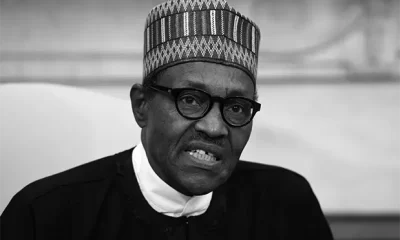Business
We don’t intend to increase petrol pump price, says NNPC
The Nigerian National Petroleum Company Limited (NNPCL) has said that it is not planning to increase fuel pump prices at its retail stations.
The company made the announcement via its official Twitter account late Monday night.
The company’s statement read thus:
- “Dear esteemed customers, we at NNPC Retail value your patronage, and we do not have the intention to increase our PMS pump prices as widely speculated. Please buy the best quality products at the most affordable prices at our NNPC Retail Stations nationwide.”
On Monday, there were reports that fuel pump prices would reach at least N700 per litre, this is anchored on the fact that oil marketers’ landing cost of petrol has risen month-on-month, by 37.4% to N632.17 per litre in July 2023, from N460 per litre in June 2023, as reported by Vanguard.
The Vanguard report stated further that a breakdown showed that product cost per litre was at N578.46, freight (Lome-Lagos) at N10.37, port charges at N7.37, NMDPRA levy of N4.47, storage cost at N2.58, Marine insurance cost at N0.47, fendering cost at N0.36 and ”others” at N0.05 as well as a finance cost amounting to N28.04.
It also stated that the transactional analysis put the landing cost of 28,000 metric tons of imported petrol at over $25 million, including total product cost, total direct cost, and total finance cost, capable of generating more than N22 billion as sales revenue, indicating a loss of over N1.6 billion.
Meanwhile, on Monday night, it was reported that the Nigeria Labour Congress (NLC) has threatened to proceed with a total, comprehensive and indefinite nationwide shutdown of the country if there is another increase in the pump price of petrol from the existing N617 per litre, which it describes as illegal.
During the African Trade Union alliance meeting on August 14, the NLC President, Joe Ajaero said:
- “As we’re here now, they’re contemplating increasing the pump price of petroleum products. And the Ministry of Labour, for some time now, will only go to the Ministry of Justice to come up with a so-called injunction to hold the hands of labour not to respond.
- “But let me say this, Nigerian workers will not give any notice if we have not addressed the consequences of the last two increases and we wake up from our sleep to hear that they have tampered with it again — the prices.”























